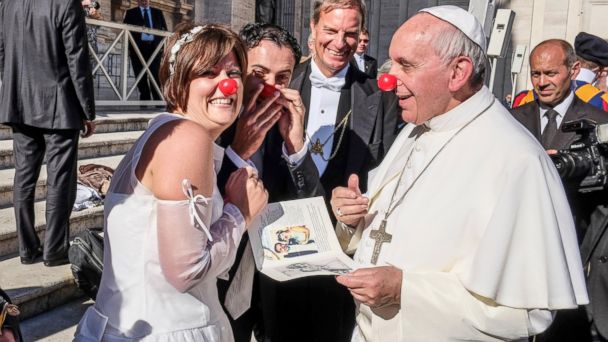First Sunday of Advent 2013 A
By Rev. Joe McCloskey, SJ
“Come, let us climb the LORD’s mountain, to the house of the God of Jacob,
that he may instruct us in his ways, and we may walk in his paths.” Isaiah 2:3b
You know the time; it is the hour now for you to awake from sleep. For our salvation is nearer now than when we first believed; the night is advanced, the day is at hand. Romans 13:11-12a
Therefore, stay awake! For you do not know on which day your Lord will come. Be sure of this: if the master of the house had known the hour of night when the thief was coming, he would have stayed awake and not let his house be broken into. Matthew 24:42-43
Piety Waiting is part of our piety. We are awaiting the coming of Christ. It is the second coming we honor when he will come to take us to his eternal joy in us. Piety is the fullness of our relationship to Christ. It unfolds in all the things we do to honor him in our lives as we get ready for his coming. We celebrate his birth in such a special way that we can get lost in all the gifts we give. But we are honoring his coming into our lives as our Savior. He comes as the child that we all once were to let us knows where our relationship to him begins. He comes in such an unassuming way that we are not afraid of him. We prepare for his coming by showing the gratitude of love to all the people in our lives that are special to us. We give as a response to God giving His to us. How can we love the God we do not see if we do not love the neighbors we do see? Every gift at Christmas time opens us to the gift that God is to us in his son Jesus.
Study Our prayer and the reading of Scripture give us a profound awareness for whom we are waiting. His coming makes a difference in our world despite how secular our world is becoming. How focused we are on the coming gives Advent its deepest meaning. Christ is the truth of who we are meant to be. We study his life that by our exposure to him we can find out who we are meant to be. We are created in the image and likeness of God in Christ. Christ is so much more than our ticket to heaven. We study who he becomes in his humanness to realize who we should become as children of God.
Action A good Advent takes planning. A morning of prayer can whet our appetite for Christmas. The meaning of our lives takes its form through how we share Christ with each other. We are motivated by seeing the expectation of the Hebrew people for the coming of the Messiah. At the Church of St. Aloysius in Washington D.C. on Dec. 8th there will be a morning of prayer with Mass that will be hopefully a good start for building up the spirit of Christmas in our hearts. Contemplative prayer is the language of love for God. There will be three examples of Contemplative prayer to model the experience of that type of prayer. The experience is better than words to describe it. The Morning of prayer will start at 9 and will finish around 12. All are invited to be part of the celebration of the Immaculate Conception as a preparation for the Birth of Christ. In a world that has gone too secular, it is good to have a chance to put Christ back into Christmas. Mary is a wonderful teacher of how to welcome the coming of Christ.
Posted by The Lighthouse Keeper at 10:27 PM

 RSS Feed
RSS Feed
